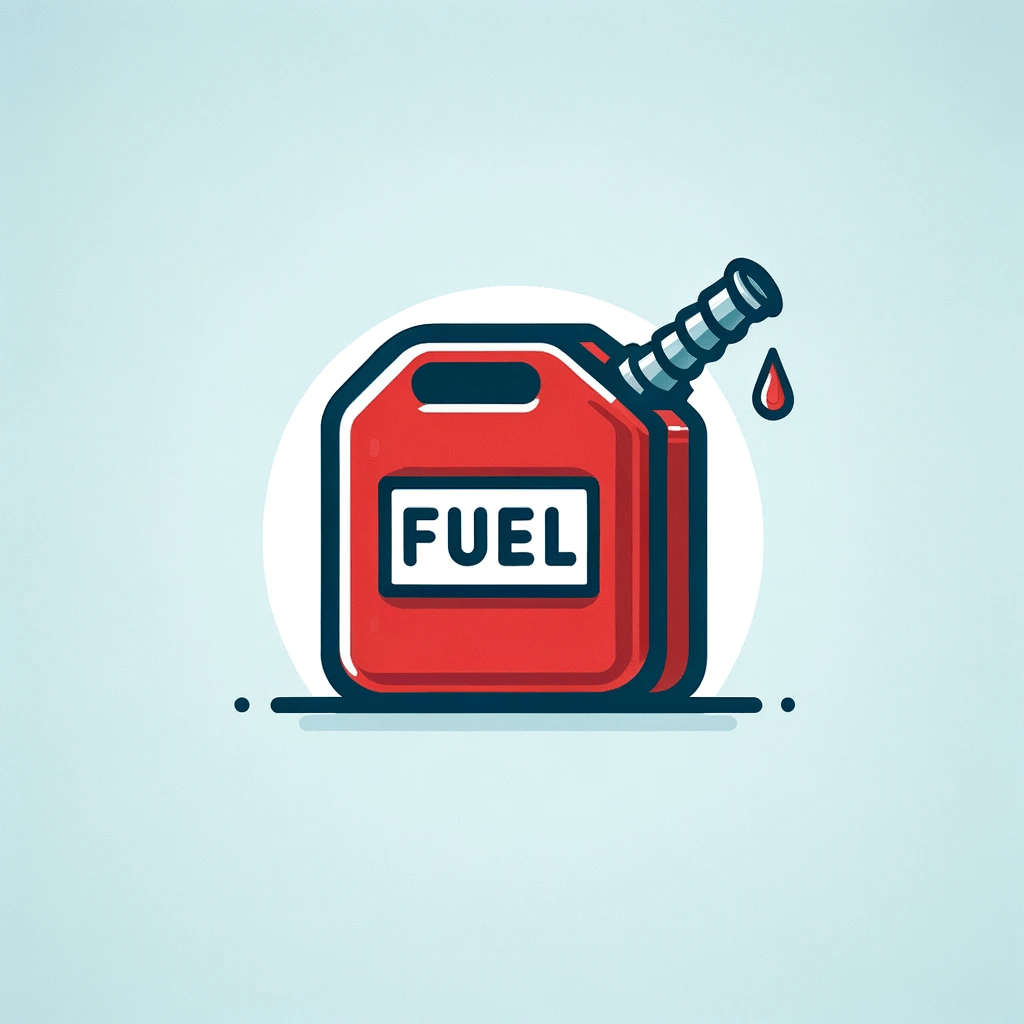Key Takeaways:
| Driving Habits | Impact on Fuel Efficiency |
|---|---|
| Aggressive Driving | Reduces mileage by up to 40% |
| Speed Regulation | Can improve fuel economy |
| Vehicle Maintenance | Crucial for optimal efficiency |
Driving habits significantly impact fuel efficiency, and with the ever-rising cost of fuel, it’s more important than ever to drive smartly. Aggressive driving, including rapid acceleration and hard braking, can lower your gas mileage by up to 40% in stop-and-go traffic and by 15% to 30% at highway speeds. By refining your driving style, you can not only save on fuel costs but also contribute to the longevity of your vehicle.

Understanding the Impact of Driving Habits
Driving responsibly is not only a matter of safety but also of efficiency. Studies indicate that personal driving habits can reduce gas mileage significantly, leading to higher fuel consumption and increased expenses. The effects of aggressive driving habits extend beyond fuel wastage; they also contribute to increased wear and tear on the vehicle.
For those looking to improve their fuel efficiency, consider exploring fuel efficiency tuning as a starting point. Tuning your vehicle for optimal performance can result in immediate improvements in gas mileage.
| Driving Habit | Impact on Fuel Efficiency (%) |
|---|---|
| Aggressive Driving | -40% |
| Speed Regulation | 10% |
| Vehicle Maintenance | 15% |
| Optimal Tire Pressure | 5% |
| Reduce Idling | 20% |
| Quality Fuel Injection | 10% |
Tips for Improving Fuel Efficiency
- Smooth Acceleration and Braking: Abrupt driving maneuvers can be detrimental to your vehicle’s fuel efficiency. Gentle acceleration and braking are not only safer but also more economical.
- Speed Regulation: Maintaining a consistent speed, especially on highways, can help in conserving fuel. Using cruise control is a useful tool to prevent unnecessary fuel consumption due to speed fluctuations.
- Regular Maintenance: Keeping your vehicle in top shape is essential. Consider learning about the importance of fuel filters and how they can influence your car’s fuel economy.
- Optimal Tire Pressure: Under-inflated tires can cause your car to use more fuel. Ensuring that your tires are inflated to the manufacturer’s recommended level can improve your mileage.
- Reduce Idling: Idling gets 0 miles per gallon. Cutting down on the time your vehicle idles can save a significant amount of fuel over time.
- Use of Quality Fuel Injection Cleaners: A clogged fuel injector can degrade your vehicle’s performance and fuel efficiency. For specific models like the Ford F150, using the best fuel injector cleaner can ensure the injectors are functioning correctly.
- Aerodynamics: Excess weight or drag can decrease fuel efficiency. Remove unnecessary items from your vehicle and avoid using roof racks unless necessary.
Understanding Your Vehicle
It is also crucial to understand how your vehicle operates. If you notice discrepancies in fuel gauge readings, it might be time to delve into troubleshooting tips for fuel gauge readings. An accurate reading can help you monitor your fuel usage more precisely.
Final Thoughts
Incorporating these fuel efficiency improvement tips into your driving habits can lead to significant savings and a more environmentally friendly driving experience. Remember, the goal is to achieve a balance between maintaining your vehicle’s health and optimizing your driving practices for better fuel economy.